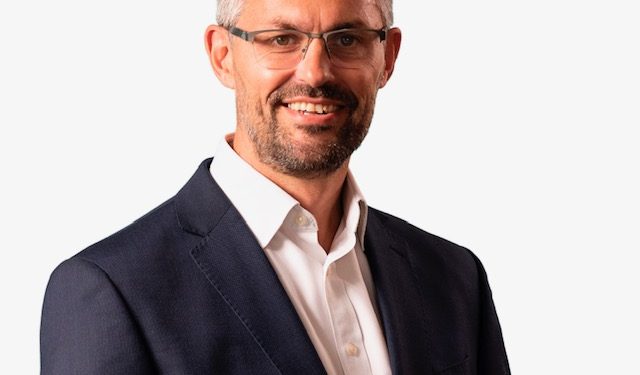The issue of climate change presents risks and opportunities as together we look to address the challenge. As a long-term investor, at Standard Life we must consider both aspects for our investment portfolios, to help support the changing needs and expectations of our customers.
By integrating the broader environmental, social and governance (ESG) considerations into the investment decision-making process, investors can aim to drive more sustainable outcomes, help improve the resilience of their pension funds while also maintaining, or indeed potentially improving, their financial returns.
Customers have an expectation for us to deliver on their financial goals, but our research and insight shows us they also want reassurance that we’re doing this in a responsible way. So our approach is anchored in managing the financial risks and opportunities surrounding ESG.
At Standard Life, we achieve this by offering core off-the-shelf solutions that primarily aim to improve returns over the long term, but that also have a clear strategy to integrate ESG into the investment process. This strategy ‘avoids the bad’ by screening out some companies, ‘improves the good’ by tilting to those helping to address sustainability challenges, and ‘drives change for the better’ through active stewardship and engagement.
Alongside this we also offer a choice of self-select options for customers who want to tap into specific moral, ethical, environmental or social goals.
To support this it’s vital that investment managers and providers have substance behind any ESG claims, and ensure that a consistent and transparent approach is put in place. Equally, companies across all sectors are being called on to make clear commitments on carbon reduction, and there is a clear need for standardisation of reporting to be put in place.
We need to be better as an industry at reporting the ‘so what’ for clients. It’s essential that we give advisers what they need to guide their clients through the detail of what’s being offered. If we can help advisers bring responsible investment to life for clients, then there’s a huge opportunity to improve levels of client engagement with their investments. And, ultimately, to help them achieve both their financial goals and personal values.
However, one of the main challenges is how many people actually understand the link between climate change, biodiversity, human rights and their pension investments? Do they know the financial argument, as well as the moral one, to investing responsibly? It’s a topic that I am passionate about bringing to life.
It’s crucial to look under the bonnet and see what’s going on beneath the headlines. Is the fund or product you’re looking at going beyond minimum requirements? Is it just excluding, or is it actively aiming to improve outcomes? At Standard Life we aim to make a real difference in all our investments.
We’re observing a shift in capital towards greener investments and away from those that are more exposed to risks of climate change and those not showing progress in transitioning.
While I only see this increasing over the coming years, there is a risk that industries who fail to adapt and keep up with transition requirements could end up becoming a smaller part of our society. They’ll be replaced by innovative companies that are seeking to help solve the climate crisis, or at the very least not add to it.
I believe that we’ll see companies en masse starting to embrace the climate change agenda – this needs to happen and it will become a norm. So people’s investments, including their pension, will be managed with this in mind – likely moving towards simple, easy to understand goals, such as the net zero targets many companies are setting today.
I hope we also begin to see a greater commitment to address sustainability issues other than climate change. Issues such as diversity, or poor corporate governance, need to be considered if we’re to drive real change for the better.
As I’ve said many times, I firmly believe it’s pointless feeling good about a windfarm investment if the manufacturing of the turbines uses forced cheap labour, production methods that pollute local rivers, and a lack of good corporate governance that prevents engagement and positive change in this space.
To me, the next five to 10 years are critical in the evolution of how we tackle climate change – but how we approach incorporating the wider responsible investing agenda is going to be the key to success.





